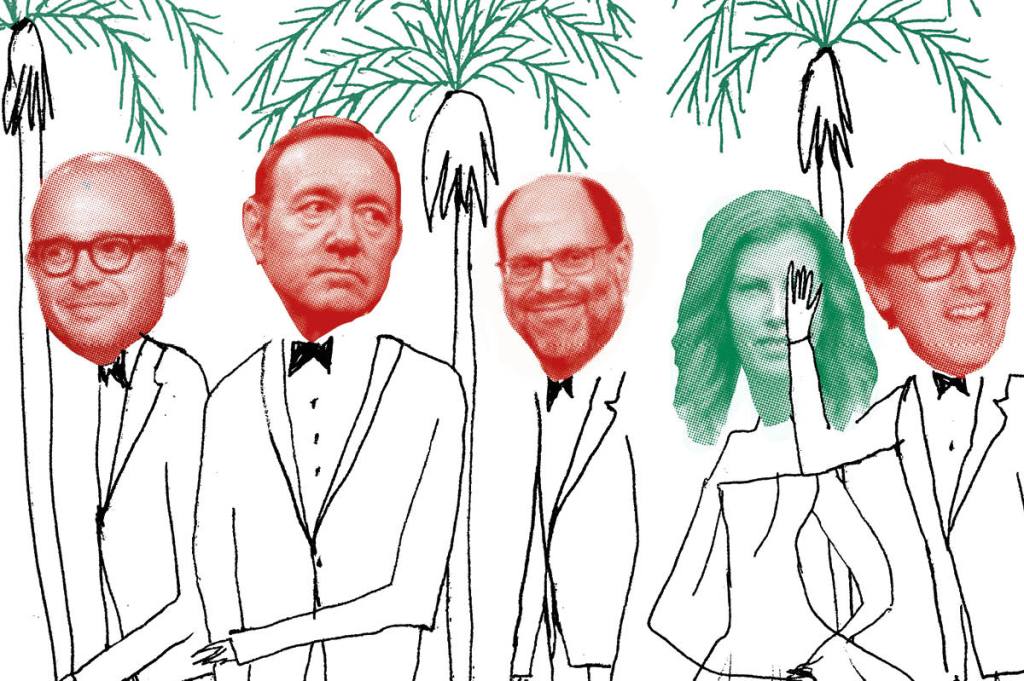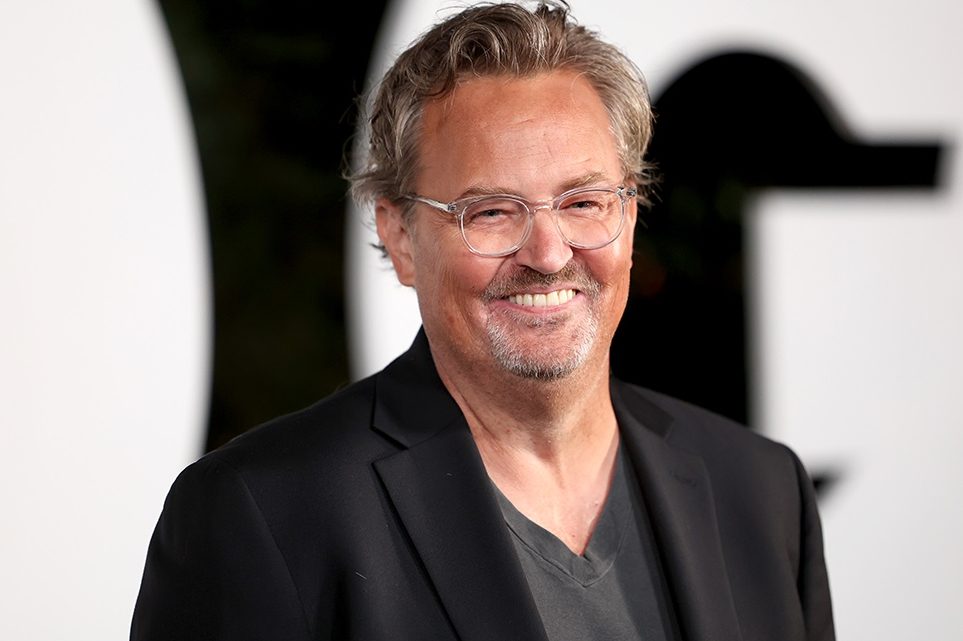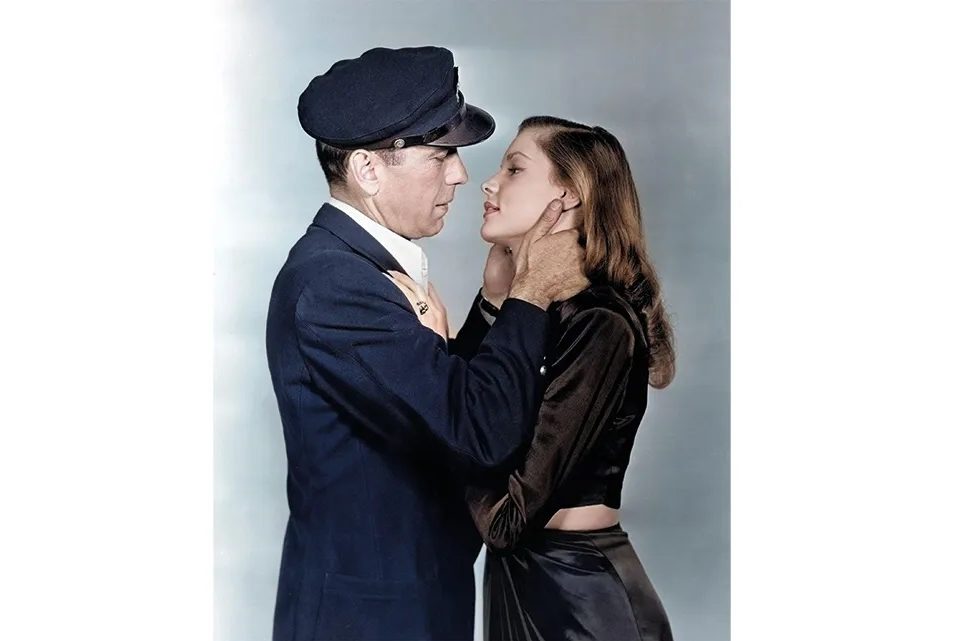In late July, the actor and director Kevin Spacey was acquitted of a range of sexual offenses against young men, some dating back the best part of two decades. Spacey’s acquittal was greeted with a mixture of relief by his admirers, who are now keen to see a great actor resume his career, and dismay by those who believe that Spacey, and others like him, are powerful figures who have not been held to sufficient account. It is salutary to look at the court case — and indeed the media frenzy surrounding it — and ask what it’s saying about contemporary Hollywood mores, which, in the post #MeToo climate, show few signs of becoming more socially acceptable.
It would not remotely be a surprise to see the critic and editor Maureen Ryan in the ranks of journalists at the Spacey court case, not least because one of the actor’s earlier pictures has uncanny parallels with the subjects she covers in her trenchant polemic Burn it Down. In 1994, Spacey appeared in the low-budget black comedy Swimming with Sharks, in which he played a Machiavellian film executive called Buddy Ackerman who treats his put-upon assistant- cum-dogsbody like dirt. The film attracted good reviews, but more than anything else, the question went round Hollywood, “Who is the real Buddy Ackerman?”
If Ryan is to be believed, Ackerman — a creation of writer-director George Huang — was little more than a stand-in for the notorious Scott Rudin, a powerful producer who has been a byword in Hollywood circles for his poor treatment of young and ambitious assistants, many of whom have had nervous breakdowns or quit the industry altogether because of Rudin’s unrelenting bullying. In a brisk second chapter, Ryan runs through many of the producer’s greatest hits (in both senses) before asking the near-anguished question, “What about Rudin’s employees, past and present?”
She is unafraid to name names, calling out the sacred Frances McDormand and her husband Joel Coen for willfully ignoring Rudin’s abusive behavior. She writes “to hear such dismissive, tone-deaf sentiments from anyone is disappointing, but to see that level of callous deflection from a woman who’d championed greater inclusion in the industry while carving out a brilliant career as an artist… it was both infuriating and an enormous blow to the spirit.” And Rudin collaborator Aaron Sorkin — one of the most powerful and popular writers in Hollywood — is dismissed as “a pompous, oblivious blowhard who has written some decent things now and then, but…whose attitudes indicate what many in the top ranks of the industry think and are too savvy to say in interviews.”
Ever since the beginning of the film industry, it has been common knowledge that the business attracts venal and unpleasant people — mainly but not exclusively men — who use their power indiscriminately and without moral compunction. As long as they make money for the studio, they are allowed to get away with whatever they like, within legal limits, and sometimes outside them. At the top end, those in charge make dizzying, even sickening amounts of money; David Zaslav, the presently beleaguered head of Warner Bros. Discovery, earned $247 million in 2021, a salary that appears to explain his declaring that the doomed Ezra Miller picture The Flash — which gets a justified drive-by here — was nothing less than “the best superhero movie I’ve ever seen.” There was no need to make such a grandiose and obviously incorrect statement, a clear hostage to fortune, but Zaslav said it anyway, and the film’s commercial failure will only accelerate his departure from the hot seat, unless Warner Bros. Discovery start coming up with some megahits, tout d’(executive) suite.
Yet what Ryan explores more compellingly than executives being paid too much money is an industry-wide antipathy, even contempt, toward the underlings whose unrewarded (in both senses) efforts may facilitate the likes of The Flash, but who receive no recognition or financial reward because they are seen as disposable and easily replaceable. As Ryan writes, in stern italics, “it is not the inclination nor the habit of the most important entities in the commercial entertainment industry to value the people who make their products — at all.” The famous saying “you’ll never work in this town again,” is traditionally uttered by a cigar-chomping executive to some recalcitrant actor or defiant filmmaker, but Ryan’s willingness to bite the hand that has fed her is both admirable and jaw-dropping; she may be a contributing editor at Vanity Fair, but it seems doubtful that she will ever again be sitting down to interview the “talent” she has so thoroughly lambasted here.
Does she care? On this evidence, no. While Rudin has now been so thoroughly discredited that the scornful chapter on him probably takes more potshots at the likes of Sorkin and McDormand (who, it has to be said, almost certainly knew exactly how Rudin treated his underlings and found it convenient to ignore it), the likes of Lost creator Damon Lindelof, Saturday Night Live’s Lorne Michaels and the director David O. Russell are given such thorough kickings that one can only wonder how this book ever got through Mariner Books’s legal department. It is only a shame that the book was finished before Sam Levinson’s notorious The Idol was aired, given the number of stories that have circulated about that show behind the camera, yet perhaps there is only so much misery and degradation one can jam into one book. A sequel, perhaps?
Names are named. Lost gets a chapter to itself, exploring the perceived racism on set. Its resolution involves Lindelof, a long-standing associate of Ryan’s, declaring cravenly that “I would trade every person who told you that I was talented — I would rather that they said I was untalented but decent, rather than a talented monster.” But as Ryan and Lindelof both know, the untalented but decent don’t get a toenail in the door of the multibillion-dollar entertainment industry. Instead, it’s up to people like Mad Men creator Matthew Weiner (“an emotional terrorist… [his] abuse of workplace power dynamics was rampant”) to produce the kinds of shows that win awards and attract millions of viewers. The central question, then, that the book posits is a horrible one that has been at the core of the industry for a century: in order to get anything done, do you have to behave like an asshole?
In an interview Ryan gave around the time of the book’s publication, she singled out Vince Gilligan, the much-feted creator of Breaking Bad, as someone who has operated at the highest level without any hint of scandal or criticism; she said “he’s a gem… I’ve never heard a single word against him…. He just led a humane workplace where creativity flowed because people were not living in a state of fear.” Yet Gilligan is also a straight white man whose best-known show has attracted equal measures of praise and criticism for its ambivalent attitude toward its morally complicated protagonist Walter White (another straight white man).
It is hard not to feel reading this book that, Gilligan aside, Ryan is instinctively disposed to be on the side of women, black actors, members of the LGBTQ community and other traditionally victimized minorities; they are, after all, the ones who have suffered through a mixture of lack of representation and systemic racism and sexism. That it seems likely that a black or female showrunner or production chief is just as likely to behave atrociously — absolute power corrupts absolutely, and all that — is mentioned here with a sigh: “the few women who got past the gates often decided that if you couldn’t beat them, you had to join them.”
Ryan offers some solutions as to how the industry can reform itself, as the subtitle suggests: abusers need to take ownership of their actions; the endemic racism, sexism and homophobia of the industry must be addressed; the incompetent and pernicious need to be weeded out; survivors of abuse must be compensated; and those in positions of power should display a far greater degree of humility and understanding than hitherto.
There is no suggestion on her part that genius might somehow deserve a degree of tolerance, not least because, in this clear-sighted (if sometimes jaw-droppingly angry) account, the vast majority of the people who have caused trouble and misery are simply assholes, rather than frustrated but brilliant at their jobs. At the end of Burn it Down, it’s hard not to wish that the industry could simply be shut down and rebooted all over again, with all its moral and structural flaws expunged and erased. As usual, alas, good luck with that.
This article was originally published in The Spectator’s September 2023 World edition.

























